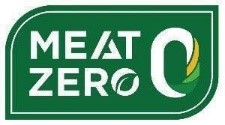Trademarks and AI: Can a Name Generated by Artificial Intelligence Be Protected?
The rise of artificial intelligence (AI) has revolutionized numerous sectors, including brand naming. Many companies now question whether a name generated by AI can benefit from legal protection as a trademark. This article reviews the relevant French legal framework and analyzes whether such a name can be registered, provided it complies with the provisions of the French Intellectual Property Code (Code de la propriété intellectuelle, CPI).
The Legal Framework for Trademarks in France
Definition and Acquisition of Trademark Rights
According to Article L.711-1 of the French Intellectual Property Code, a trademark is defined as a sign capable of distinguishing the goods or services of a natural or legal person from those of others. Ownership of a trademark is acquired through registration, pursuant to Article L.712-1 of the same code. Registration grants the holder exclusive rights over the trademark for the goods or services listed.
Conditions for Trademark Validity
For a trademark to be valid and registrable, it must meet the following conditions:
- Distinctiveness: The sign must be capable of distinguishing the goods or services of one company from those of another.
- Lawfulness: The sign must not be contrary to public order or accepted principles of morality.
- Non-deceptiveness: The sign must not mislead the public, particularly regarding the nature, quality, or origin of the products or services.
- Availability: The sign must not infringe any prior rights, such as already registered trademarks or protected business names.
These criteria are outlined in detail by the French National Institute of Industrial Property (INPI).
Applicability to AI-Generated Names
Compliance with Legal Requirements
A brand name generated by artificial intelligence may be registered in France as long as it complies with the above-mentioned conditions. The mere fact that the name is AI-generated does not preclude registration, provided it is distinctive, lawful, non-deceptive, and available. Notably, Article L.711-1 CPI does not impose any requirement regarding the origin of the sign, which means names generated by automated systems are not excluded from protection.
Specific Considerations Related to AI
Different considerations apply under copyright law. Unlike trademark law, which is focused on distinctiveness and availability, copyright protection requires human creative input and that the work reflects the author’s personality. Indeed, Article L.112-1 of the French Intellectual Property Code states that “works of the mind, whatever their genre, form of expression, merit, or purpose,” are protected, provided they are original.
As such, while a name generated by AI is unlikely to qualify for copyright protection without human input, it can nevertheless be registered as a trademark, assuming it fulfills the requirements set out in Articles L.711-1 et seq. of the CPI.
Recommendations for Businesses
Registering a trademark that results from a process involving AI requires a legally sound and strategic approach. Although the law does not exclude names generated by AI, their validity depends on a detailed legal analysis under the French Intellectual Property Code.
It is therefore essential to consult with an intellectual property expert – such as a specialized attorney or industrial property counsel – to secure the entire process. This professional can:
- Assess the compliance of the name with the validity criteria set out in Articles L.711-1 and following, particularly its distinctiveness, lawfulness, and lack of conflict with prior rights;
- Proceed with a thorough clearance search, which is critical to avoid future legal disputes;
- Review the terms and conditions of the AI tools used, particularly regarding ownership or assignment of the generated content, which may include restrictive clauses;
- Structure and document the name creation and selection process, to demonstrate, if necessary, a substantial and voluntary human intervention in the final choice.
This approach significantly strengthens the legal security of the trademark filing and helps anticipate risks related to the algorithmic origin of the sign.
Conclusion
Trademarks generated by artificial intelligence can be protected under French law, provided they meet the requirements of the Intellectual Property Code. By following the appropriate steps and involving qualified legal counsel, companies can effectively safeguard brand names created with the help of AI tools.
At Dreyfus Law Firm, we stand ready to provide comprehensive legal strategies tailored to each client’s needs. Our services include advising on trademark protection, and litigation support across multiple jurisdictions.
Dreyfus Law Firm is in partnership with a global network of Intellectual Property attorneys, ensuring comprehensive assistance for businesses worldwide.
Join us on social media !
FAQ
1. Can an AI-generated name be registered as a trademark in France?
Yes, provided that it satisfies the criteria of distinctiveness, lawfulness, non-deceptiveness, and availability as outlined in the Intellectual Property Code.
2. Does the origin of the name (human or AI) affect its trademark validity?
No. The CPI does not distinguish based on the origin of the sign. What matters is compliance with the legal conditions for registration.
3. What are the risks of registering an AI-generated name without proper legal vetting?
There is a risk of refusal by the trademark office or future litigation if the name infringes prior rights.

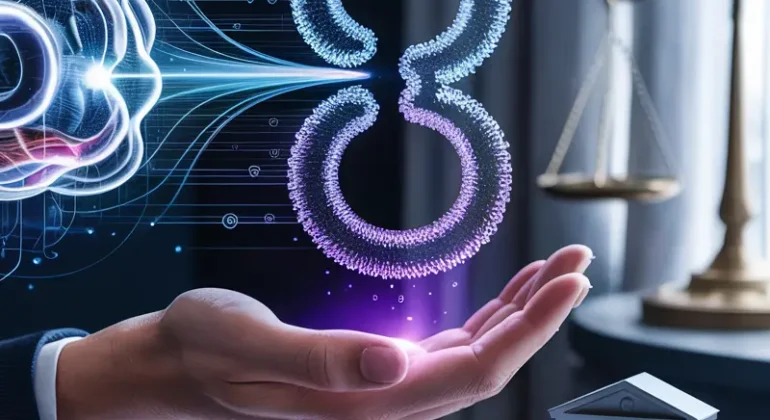
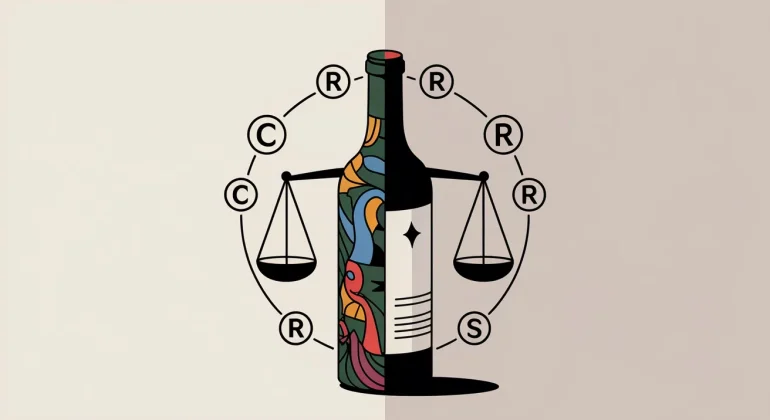

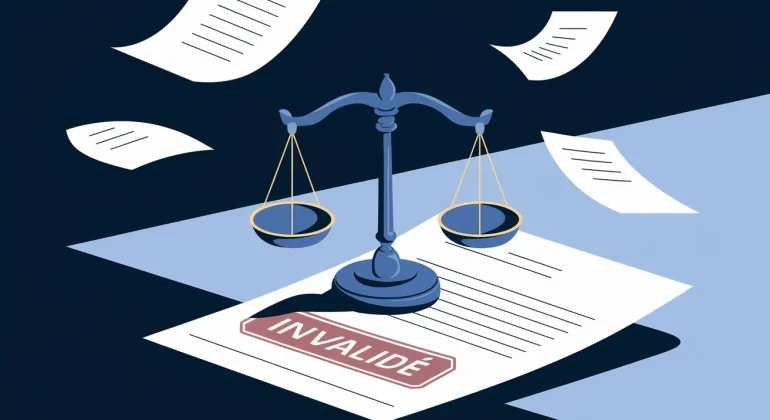




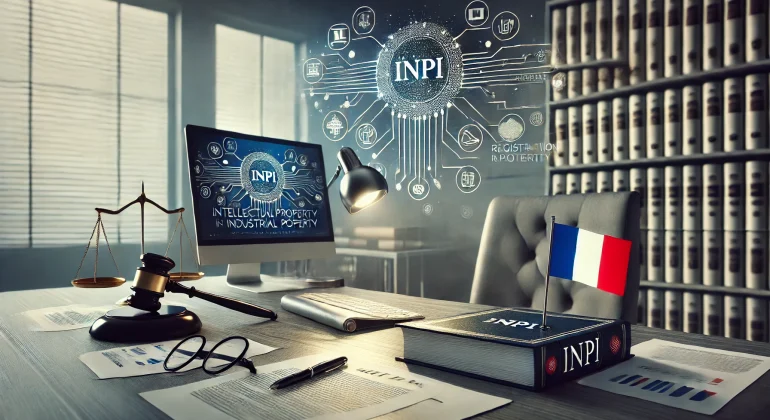

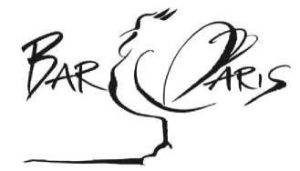 v
v 